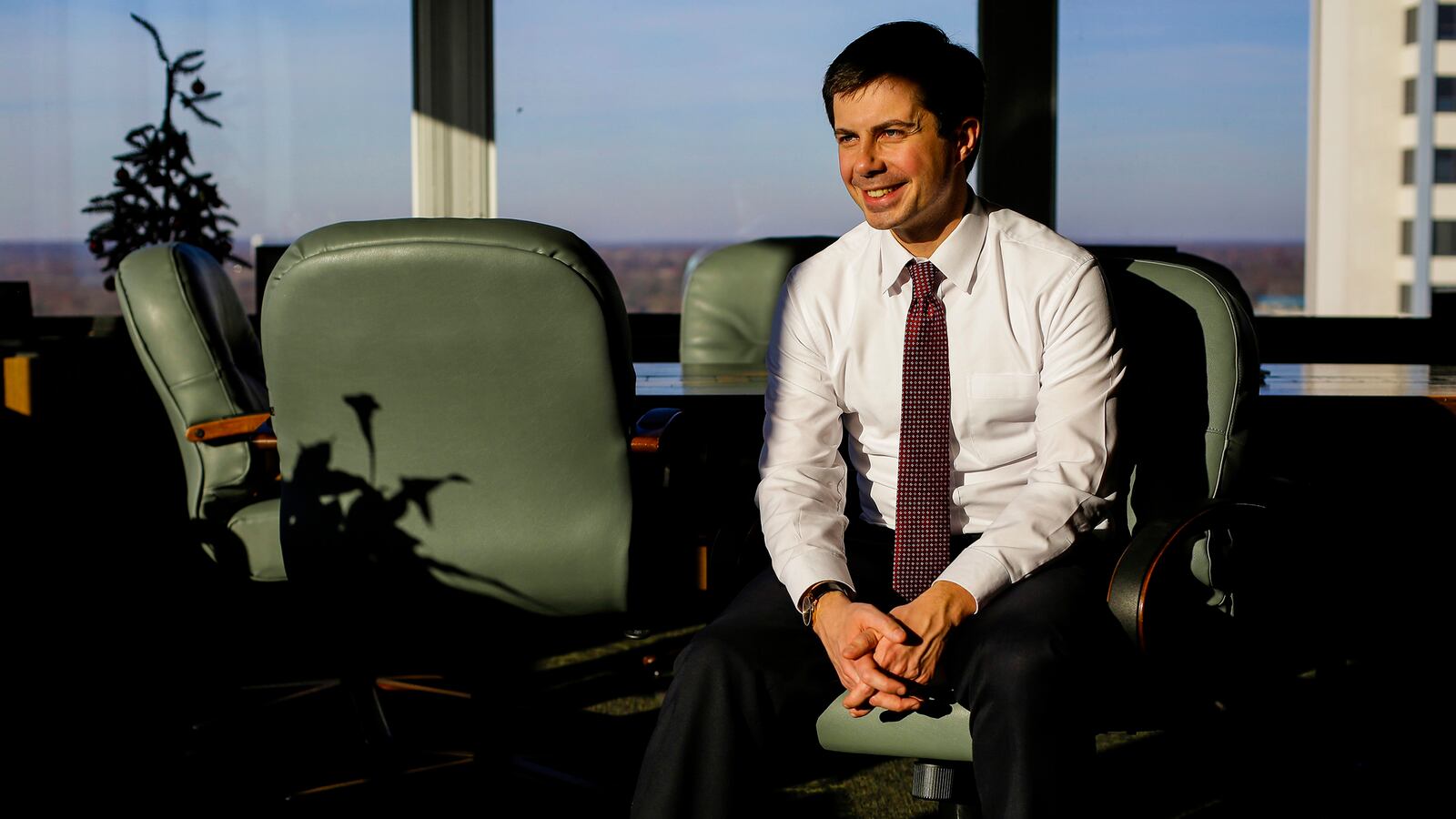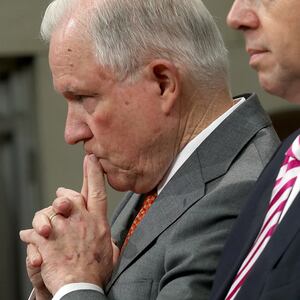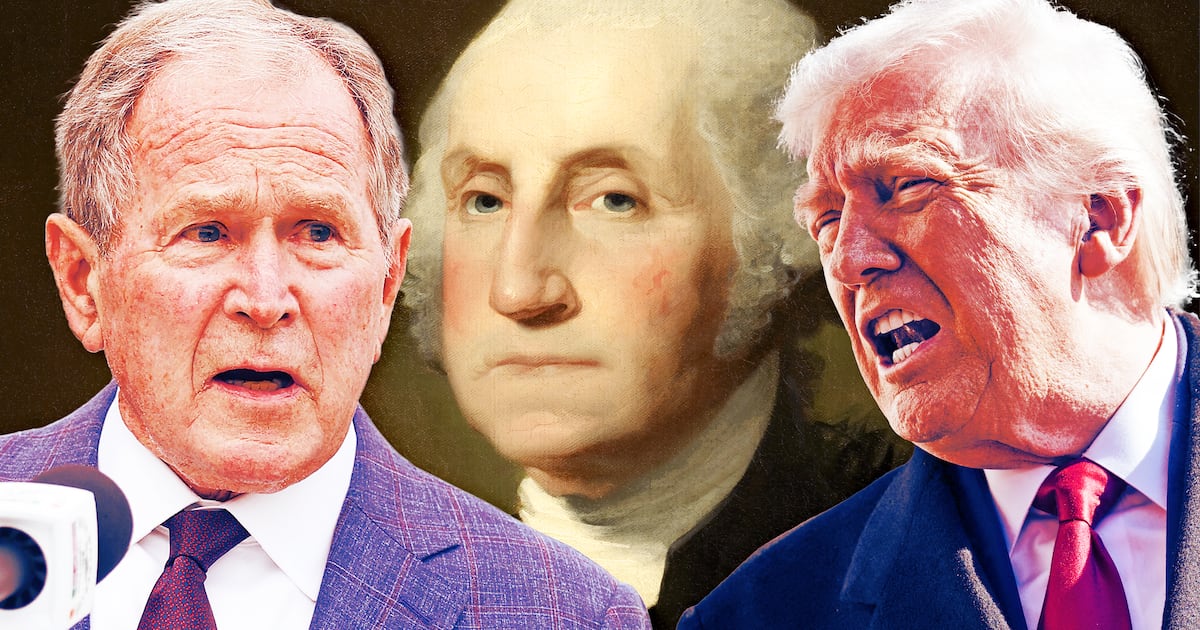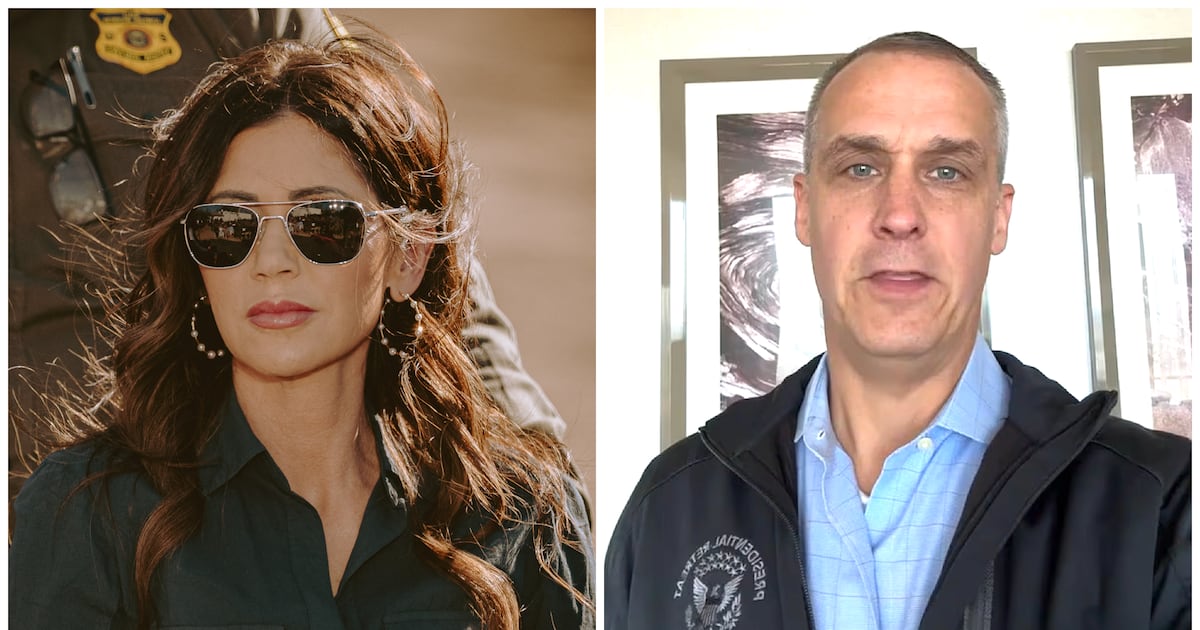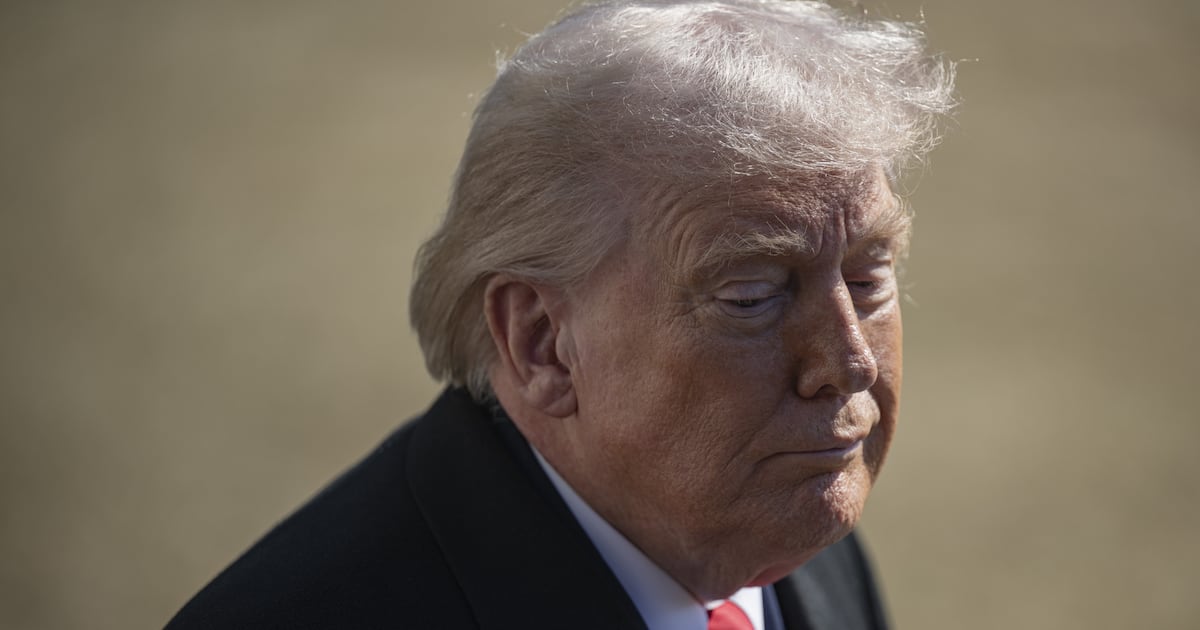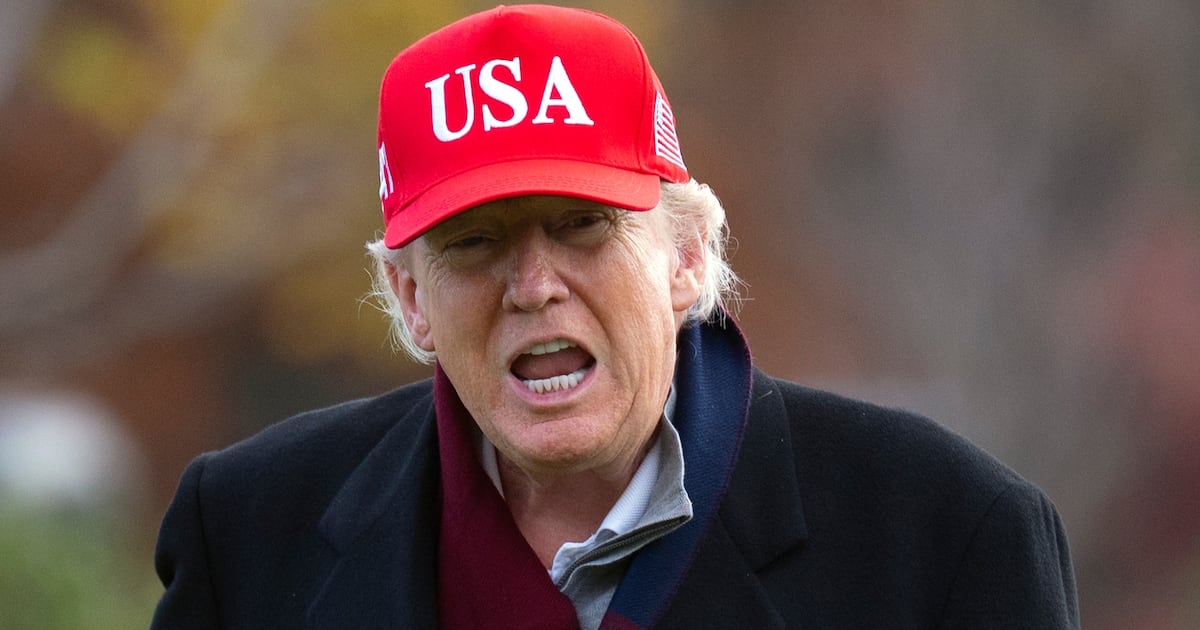The phrase “LGBT Christian” might sound dissonant and strange.
After all, the last several decades of public discourse about issues like sodomy laws, marriage equality and transgender restroom use have often reduced them to a cage match: LGBT people in one corner, religious people in the other. Fight!
But Pete Buttigieg is complicating that all-too-neat notion. Whatever the fate of his candidacy for president, the openly gay and proudly Episcopal mayor is making it impossible to pretend as though the intersection of faith and LGBT life is empty.
Perhaps nowhere has the candidate done this with more precision than he did during a Victory Fund speech earlier this month when he called out Vice President Mike Pence, saying “My marriage to [my husband] Chasten has made me a better man and yes, Mr. Vice President, it has moved me closer to God.”
That assertion is all the more brilliant for its rhetorical simplicity: Same-sex marriage is a religious issue, Buttigieg is saying, for him and for many other LGBT people of faith.
Not every LGBT person in a same-sex couple feels the same way. (My marriage to my wife, for example, hasn’t moved me closer to God but it has moved me closer to health insurance coverage.) Even still, though Buttigieg’s distinctly gay intertwining of faith and family is a sorely-needed gesture at a cultural moment like this, when anti-LGBT groups are continuing to use “religious liberty” as a cover for discrimination.
Although it’s true that LGBT Americans are generally less religious than our non-LGBT counterparts, a large plurality do identify as Christian. According to a 2015 report from the Pew Research Center, 72 percent of straight Americans say they are Christian, which is much higher than the 48 percent of gay, lesbian, and bisexual Americans who report the same. But 48 percent is still nearly half, and it’s still more than the 41 percent of LGB Americans who told Pew that they weren’t affiliated with any religion.
Put simply: The odds of any LGBT American you meet being a Christian are roughly the same as a coin flip.
Looking specifically at transgender Americans might also prove surprising, given the past four years of discourse pitting the community against pastors and church leaders.
Twenty-one percent of respondents to the 2015 U.S. Transgender Survey identify as Christian, and four percent as Jewish, which together outnumber the 21 percent who identify as atheist.
Transgender people do appear to be less religious—based on this early data—than their cisgender gay, lesbian, and bisexual peers, which makes sense given the rigidity of many religions when it comes to gender fluidity.
But regardless, given that there are an estimated 1.4 million transgender adults in the United States, some back-of-the-envelope math would suggest that there could be a population of nearly 300,000 transgender Christians and over 50,000 transgender Jews.
So although Pete Buttigieg might be drawing unique media attention to the concept of being “both Christian and gay,” as Vox put it, he is not alone: There are millions of LGBT Americans who practice a faith—and they’ve been done a disservice by a media that often conflates anti-LGBT politicking with the religious beliefs used as a guise for it.
“I don’t have a problem with religion,” Buttigieg recently told Ellen DeGeneres. “I’m religious, too. I have a problem with religion being used as a justification to harm people and especially in the LGBTQ community.”
Indeed, part of the candidate’s exploding popularity in recent weeks seems to be because he has carved out space in the public sphere for religious progressives: In a determined way, Buttigieg is trying to reclaim the discourse around religion from an increasingly small—if still remarkably powerful—contingent of anti-LGBT Christians.
After all, it’s worth remembering that most religious Americans actually oppose anti-LGBT discrimination. According to the latest numbers from the Public Religion Research Institute, 80 percent of Jews, 71 percent of white mainstream Protestants, 70 percent of Mormons, and roughly 70 percent of Catholics support nondiscrimination protections for LGBT people. In fact, according to PRRI, a slim majority of white evangelicals—54 percent—support LGBT nondiscrimination, too.
There’s no reason why the minority of anti-LGBT evangelical Christians should own the conversation around faith in this country—and however Buttigieg fares during the 2020 cycle, he has already claimed his place in that public dialogue.
What gives his efforts a boost is the fact that his comments on his own faith have a ring of truth to them. Many political candidates—regardless of political party—do not sound nearly as convincing when they talk about their personal faith.
On the left, religion often feels like a necessary bone that candidates throw to a more believing general electorate. On the right, religion is often used as a synonym for a certain kind of exclusionary conception of the family—one that leaves LGBT people out.
Few and far between are elected officials who can actually talk about the role faith plays in their personal lives in a way that feels earnest. Indeed, while some of Buttigieg’s interview answers can sound overly polished—a bit too much like the perfect thing to say—when he talks about God, Buttigieg sounds like he’s speaking from the heart.
In explaining why he considers marriage equality a “moral issue” during his Victory Fund speech, for example, Buttigieg explained: “It’s a moral issue because being married to Chasten has made me a better human being—because it has made me more compassionate, more understanding, more self-aware and more decent.”
When was the last time you heard a political candidate talk about morality in a direct and non-euphemistic way—to talk simply about becoming a better person rather than pontificate about the right way to form a family?
That’s why the Buttigieg-Pence matchup is so invigorating: On one hand, a candidate who talks about faith straightforwardly, not as something that conflicts with his sexual orientation but that can exist harmoniously alongside it. (“Your quarrel, sir, is with my creator,” Buttigieg often says to Pence, asserting that God made him gay.) On the other hand, a vice president who has yet to condemn conversion therapy.
There’s a reason, too, that Buttigieg is “winning” that political match-up as Rolling Stone declared—and that the South Bend mayor sounds as convincing as he does when he talks about his beliefs: As a bisexual friend of mine recently put it, “If you’re gay and you’re still good with God, then you must really be good with God.”
In other words, LGBT Americans who grew up in certain faith traditions have probably been through the gauntlet. For many, those trials lead to a loss of faith. Those who keep their faith often believe so ardently that they are willing to take longer arriving at self-acceptance. (Consider that Buttigieg didn’t come out as gay until he was 33.)
Buttigieg himself has endorsed something like this notion: “You may be religious and you may not,” he said at his Victory Fund speech, to a largely LGBT audience. “But if you are, and you are also queer, and you have come through the other side of a period of wishing that you weren’t, then you know that that message—this idea that there is something wrong with you—is a message that puts you at war not only with yourself but with your Maker.”
Like many LGBT people of faith who struggle to come out, Buttigieg has won that war with himself—and ultimately maintained a belief in his Maker. To him, the idea of being a “LGBT Christian” doesn’t seem strange because he is one. And if he keeps talking about his religion this vocally, it won’t be long before that notion seems normal.

